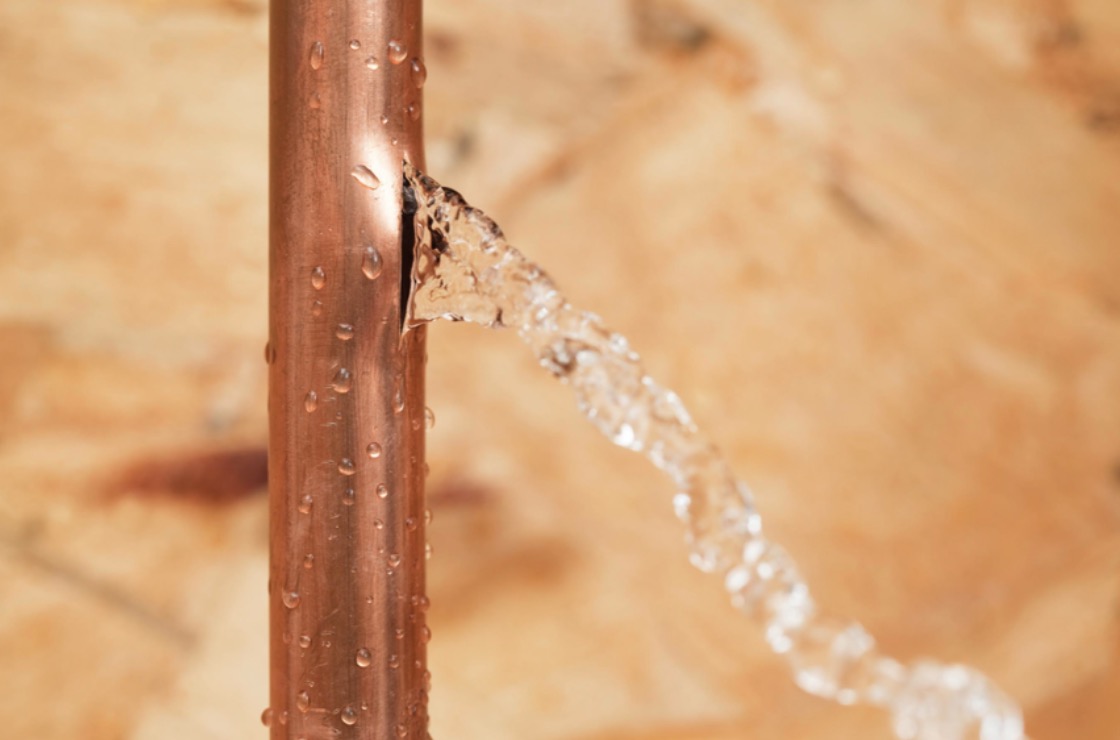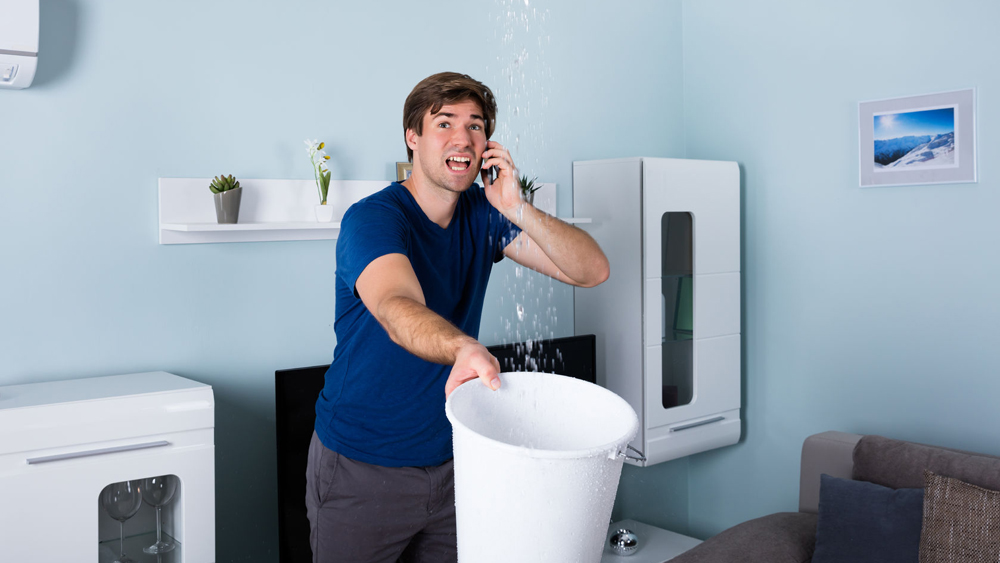Revealing the Main Origins of Leak Problems Inside The Home
Revealing the Main Origins of Leak Problems Inside The Home
Blog Article
The article listed below pertaining to How to detect water leaks in your home is pretty much remarkable. Have a go and make your own personal final thoughts.

Leaks not just trigger waste of water yet can also trigger unnecessary damage to your home and advertise undesirable natural development. By looking and also comprehending for everyday circumstances that cause leaks, you can shield your home from future leakages and also unneeded damage.
Intruding origins
Many water leakages start outside the house instead than inside it. You might observe wet spots or sinkholes in your backyard, as well as that could mean that tree origins are getting into water lines causing water to permeate out.
Rusty water systems
As time goes by, your plumbing system ages as well as rust such as rust may start eating away the pipelines. This might be the source of discoloration or warping on your pipes. This requires an examination with your plumber right away. If our plumbing system is old, consider replacing the pipes given that they go to a higher threat of rust than the more recent models.
Faulty Pipe Joints
The point at which your pipelines attach is often the weakest web link in the waterline. Pipeline joints can weaken over time, causing water leakages. The bulk of pipeline joints are not easily visible. If you have noisy pipes that make ticking or banging noises, specifically when the warm water is turned on, your pipe joints are possibly under a great deal of stress. It is a good idea to have your plumber examine your system once a year.
Immediate temperature level modifications.
Severe temperature level modifications in our pipes can trigger them to broaden and also acquire suddenly. This development and contraction might cause splits in the pipelines, specifically if the temperature are below freezing. It would certainly be best if you kept an eye on just how your plumbing works. The existence of the previously discussed scenarios frequently shows a high danger.
Poor Water Connectors
At times, a leak can be triggered by loose tubes and pipelines that supply your devices. In situation of a water links leakage, you might discover water running directly from the supply line or pools around your appliances.
Clogged Drains
Blocked drains could be irritating as well as inconveniencing, however they can often wind up causing an overflow bring about rupture pipelines. Maintain eliminating any products that may decrease your drains pipes that might block them to avoid such aggravations.
All the above are causes of leakages but not all water leakages result from plumbing leakages; some leakages could originate from roof leakages. All leakages ought to be repaired quickly to stay clear of water damages.
Leakages not only cause waste of water but can likewise trigger unnecessary damage to your home as well as promote unwanted natural development. By looking as well as recognizing for day-to-day situations that cause leaks, you can safeguard your house from future leaks and also unneeded damage. Today, we will certainly look at six leakage triggers that might be creating your pipelines to leak.
At times, a leakage can be caused by loose tubes and pipelines that provide your appliances. In situation of a water links leak, you might notice water running directly from the supply line or puddles around your devices.
Tell-Tale Signs of a Water Leak
The Sound of Running Water
If you’re hearing water running, your first step should be to check your faucets, toilet valves, and outdoor spigots. If everything if status quo, take an exact reading of your water meter and don’t use the water for a few hours. Then, take another meter reading. If there has been no change, that means water is not running (and maybe it’s time to have your hearing checked!). If the reading has changed, however, this indicates that water is indeed flowing and you most likely have a leak.
Wet or Damp Floors
You’re walking across your carpet and suddenly squish—your sock is soaked! The dog doesn’t look guilty and your child swears they didn’t spill anything. That means you’re likely looking at sewer leakage. Now, it’s easy to just soak it up with a towel and call it a day; however, this won’t stop the leak. Ignoring the problem allows moisture to build up, ultimately causing mold or mildew. Not only is this smelly, it can be very toxic and harmful to children, the elderly, pets, and those with weak immune systems. Don’t risk the health of your home and your family—call in a professional to take care of the problem.
Foul Odors
If there’s an unpleasant smell in your home and you can’t locate the source, don’t just light a candle or spray some Febreze. Funky smells are often due to mold and mildew, which spread fast under ideal conditions (optimal temperature and level of humidity). Growth begins within about 24-48 hours, and spores start to colonize in 3-12 days, becoming visible to the eye within about 18 days. If you think the odor is leak-related, get a plumber out as soon as possible to mitigate damage from rapid fungi growth (and rid your home of the foul odor).
Overgrowth in the Lawn
Unless you didn’t fertilize your lawn evenly, a lush patch of grass in a select area of your lawn, or concentrated wet spots, indicate pipe leakage which is acting as a fertilizer. Left untreated, hazardous bacteria in the underground waste will quickly turn into a messy situation, going from lush growth to lawn destruction.
Wall Cracks
Over time, even the littlest of leaks can cause cracks in the foundation of your home and compromise the entire structure. How does it happen? The leak continues hammering away at the same spot in the ground beneath your home, eventually causing it to shift slightly. Now, you’d never feel this shift, but your walls will. This can be a very dangerous situation, so if you’re seeing vertical or diagonal cracking in your walls it’s best to call a plumber right away.
https://www.expresssewer.com/blog/6-telltale-signs-of-a-water-leak-in-your-home

Hopefully you enjoyed reading our topic on How to Find Water Leaks. Thanks for taking a few minutes to browse our article. Are you aware of another individual who is excited by the subject? Feel free to share it. We enjoy reading our article about How to Find Water Leaks.
Protect your property; contact now. Report this page